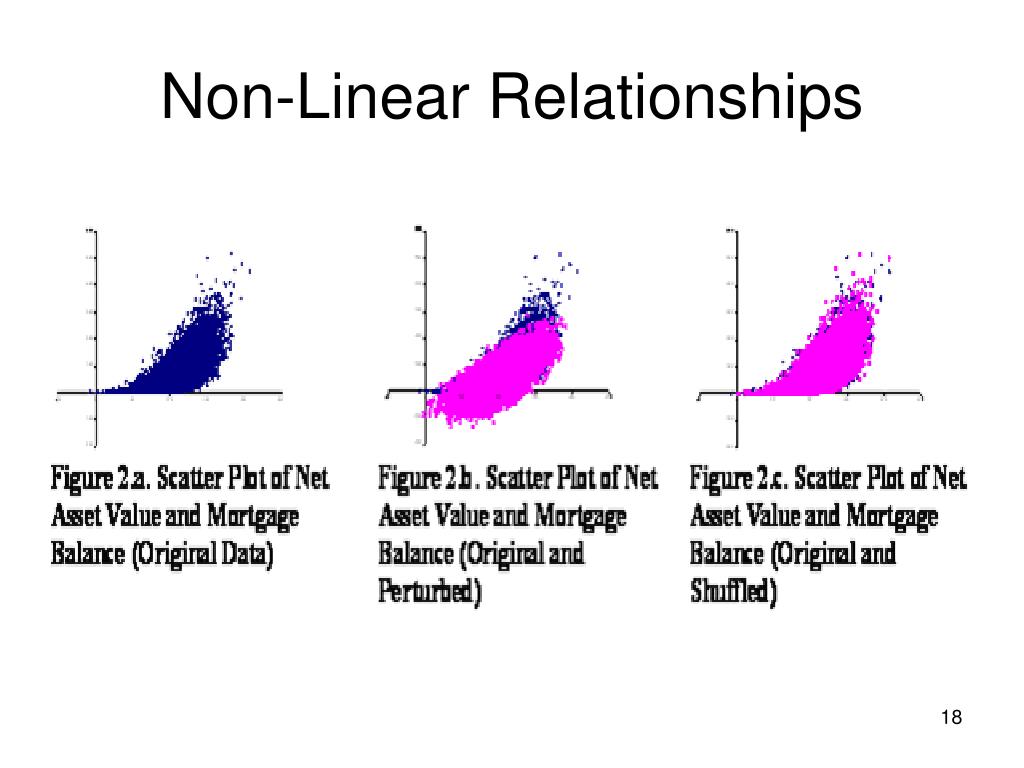

Utilize the course concepts for competent analysis via scientific methodology.The successful student will integrate the technological and mathematical knowledge introduced in the course towards effective communication and applications in the modern diverse enforcement global society.Conduct a currently acceptable interview relating to extemporaneous type situations taken from the annals of the actual fields involved.Conduct a currently acceptable interview relating to a case from actual situations encountered in the fields.Objectives: The student will have the skills and knowledge to conduct currently accepted interviews for related arenas in the field of Public Service. Outcome 10: Upon completion of this course, students will be able to identify eight (8) related texts or articles recently published concerning interviewing and relate the primary aspects upon currently accepted interviewing practices. Outcome 9: Upon completion of this course, students will be able to define (and demonstrate) kinesics and proxemics in interviewing. Outcome 8: Upon completion of this course, students will be able to explain the value, usage and current legal applications of polygraphy in the field. Outcome 7: Upon completion of this course, students will be able to demonstrate the ability to plan approaches, techniques, tactics and graphic aides for use in conducting the different types of interviews.


Outcome 6: Upon completion of this course, students will be able to write a correct critical analysis of interviewing practices and techniques based upon the successful completion of an in-depth interview. Outcome 5: Upon completion of this course, students will be able to conduct impromptu interviews with minimal preparation time. Outcome 4: Upon completion of this course, students will be able to identify current legal and practical regulations upon the interviewing process and use of the appropriate terminology. Outcome 3: Upon completion of this course, students will be able to demonstrate the ability to conduct interviews from the list. Outcome 2: Upon completion of this course, students will be able to list and define each of the types of questions describe the value and purpose of each and give examples of each. Outcome 1: Upon completion of this course, students will be able to define the structural and verbal aspects of the seven (7) main types of interviews encountered in the law enforcement, fire science and security fields. Michigan Transfer Network (MiTransfer) - Utilize this website to easily search how your credits transfer to colleges and universities. Practical interviewing and related consideration in agreement with current legal stipulations.


 0 kommentar(er)
0 kommentar(er)
